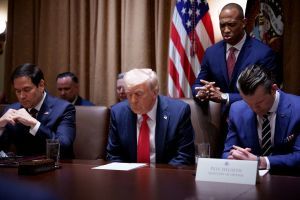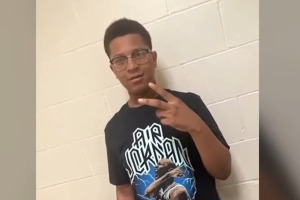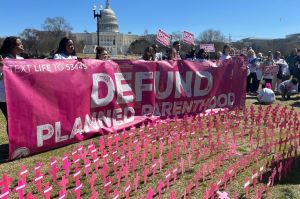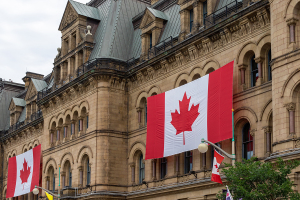Supreme Court Hears Arguments in California's Gay Marriage Ban
The U.S. Supreme Court is hearing arguments Tuesday for a case challenging California's Proposition 8, a referendum in which voters chose to ban same-sex couples from being able to obtain a marriage license from the state.
Before Proposition 8, same-sex couples were allowed to marry because the California Supreme Court declared in 2008 that the California Constitution granted them that right, essentially overturning another California referendum defining marriage as the union of one man and one woman. California voters amended their Constitution with Proposition 8 in 2008 to undo that court decision and clarify that marriage can only be the union of one man and one woman.
In the case, Hollingsworth vs. Perry, the plaintiffs, two same-sex couples who want to get married, sued the state, arguing that Proposition 8 violated their due process and equal protection rights. A lower court and U.S. Court of Appeals for the Ninth Circuit ruled in favor of the plaintiffs.
The defendants, representing the state of California, will argue that the court had no right to undo the decision of California voters and the U.S. Constitution does not require states to redefine marriage to include same-sex couples.
The nine Supreme Court justices are only listening to oral arguments Tuesday and will not make a ruling in the case until mid-Summer.
The justices will ask questions as the lawyers for each side present their arguments. These questions are often used by court watchers to predict how the judges might rule in the case. Justice Anthony Kennedy is thought to be the main swing vote in the case, so his questions will be scrutinized most closely.
The justices will also hear arguments over whether the defendants have "standing," or whether federal courts have jurisdiction over the case. If the justices decide they do not have standing, it would leave intact the California Supreme Court's decision that same-sex couples in California should be able to marry.
On Wednesday, the Court will hear arguments in another case dealing with gay marriage. That case is a challenge to the Defense of Marriage Act, a federal law that defines marriage as the union of one man and one woman for the purposes of federal law.





























